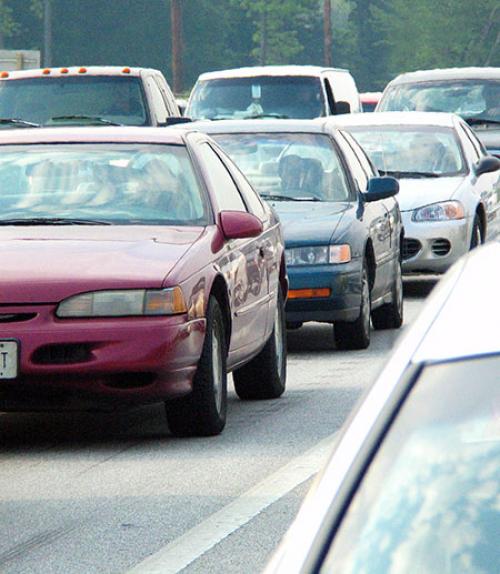This is an episode from the “What Makes Us Human?” podcast's fifth season, "What Do We Know about Inequality?" from Cornell University’s College of Arts & Sciences, showcasing the newest thinking from across the disciplines about inequality. Featuring audio essays written and recorded by Cornell faculty, the series releases a new episode each Thursday through the fall semester.
We’ve seen a steep rise in income inequality over the past 40 years in the United States and around the world. That trend has captured the attention of research psychologists, who have asked how inequality might affect psychological well-being. For one thing, we can expect rising inequality to make the population as a whole less happy. Consider how much joy an extra, say, $10,000 might provide someone. It clearly depends on how much money that person already has. A $10,000 windfall for example boosts the happiness of someone of modest means more than it boosts a wealthy person’s well-being. So rising inequality dampens overall happiness because more and more money goes to people for whom it makes less and less difference.
But rising income inequality diminishes overall societal well-being in other ways as well. Some of the most striking evidence of this comes from a study conducted by two Cornellians, Adam Levine in the government department and Bob Frank in the Johnson School. Adam and Bob found that people in U.S. counties that experienced the greatest increase in income inequality had higher divorce rates, higher bankruptcy rates, and longer commutes than people in counties that did not experience the same rise in inequality. We know that relationship trauma and uncertainty (like divorce), financial trauma and uncertainty (like bankruptcy) and long commutes make it all really hard for people to flourish and be happy. So it’s hard to imagine a more toxic stew when it comes to human happiness than increased divorce rates, bankruptcy rates and longer commutes.
But why would growing income inequality lead to effects like long commutes? Research shows that when the distribution of wealth varies more and more, so does the tendency to compare ourselves to those around us. The question “how am I doing?” becomes less of an absolute question and more of a relative question. When income inequality grows, for example, someone who might have been satisfied with an eighteen hundred square foot house will now see a neighbor’s three thousand square foot house and want something just as big. Or someone who might have been perfectly happy with a Nissan Leaf electric car, wouldn’t be nearly as happy with it after seeing a bunch of Teslas in the office parking lot. So the person buys a bigger house in a more affordable neighborhood farther from work and ends up burdened with a longer commute. Or the person takes bigger financial risks in order to afford the bigger house or the fancier car, and increases the risk of bankruptcy.
When inequality increases, in other words, it becomes harder and harder to “keep up with the Joneses,” making people more financially and psychologically stressed. We’re currently examining whether this in turn leads people to believe that “it’s a dog eat dog world out there,” making them more selfish and competitive, and further diminishing their sense of psychological well-being. Greater income inequality, in other words, may not only influence people’s choices that directly affect their own happiness, it may lead them to treat others in a way that undermines the public good. A Cornell PhD named Rob Willer has found that the wealthy are quite generous when it comes to charitable contributions when they believe income inequality is relatively low, but they become significantly more selfish when they believe that inequality is high.
Now that we know that rising income inequality undermines human happiness—for the wealthy as well as the poor—the next task for academic psychologists is to explore the most effective ways of “framing” strategies for reducing income inequality. We need to make the necessary solutions palatable to politicians and the voting public -- because if we don’t solve the problem of inequality, the harm to our society will affect us all.




